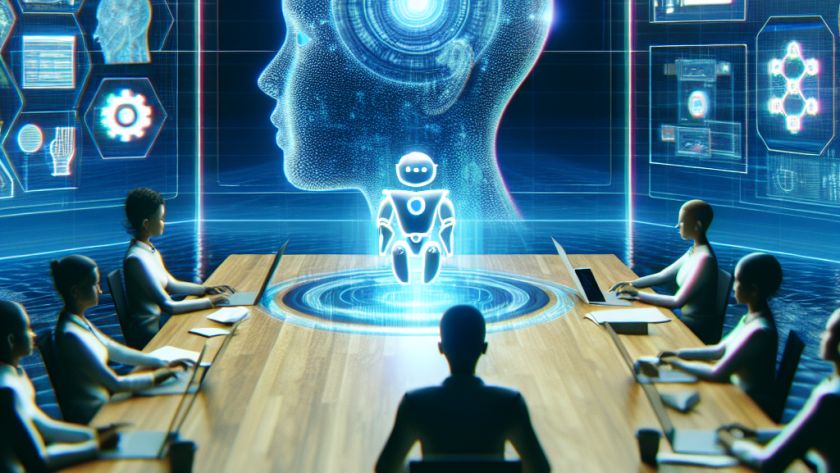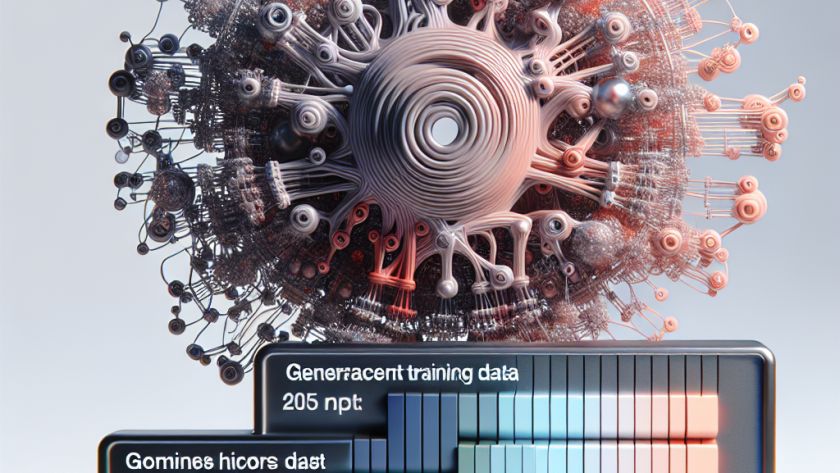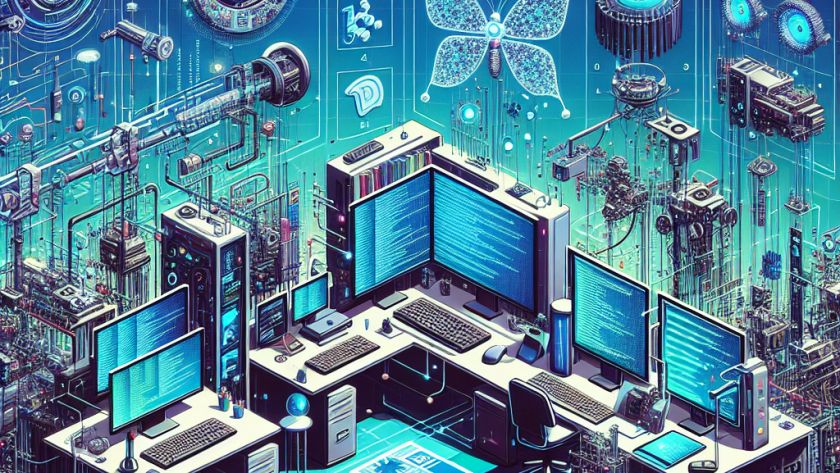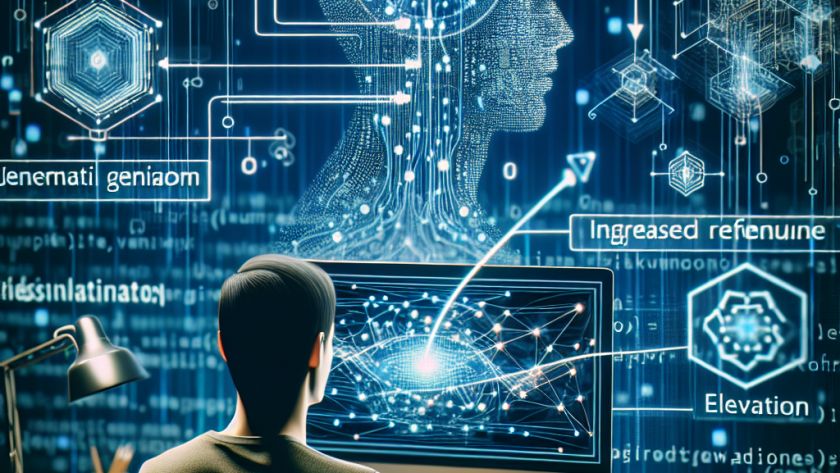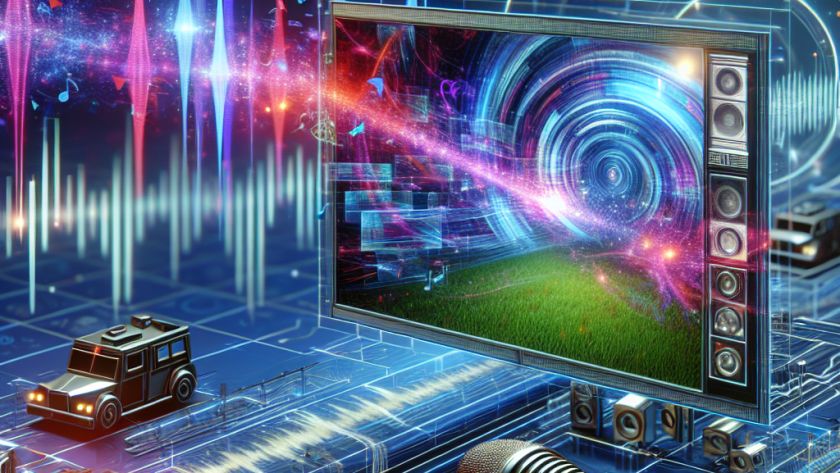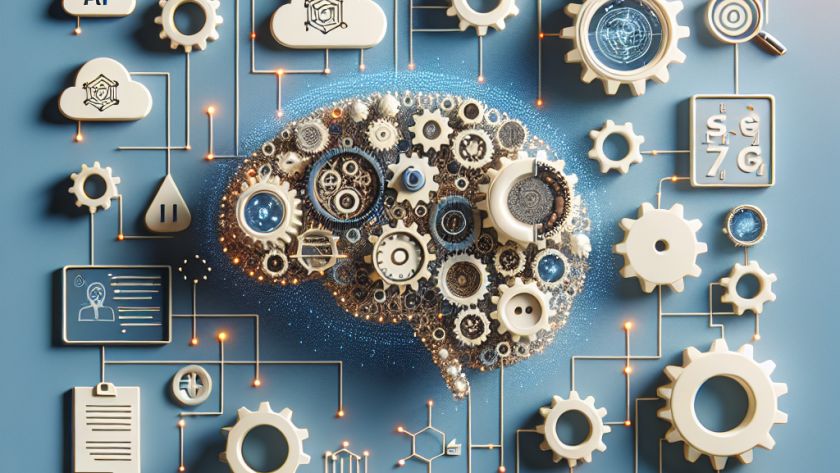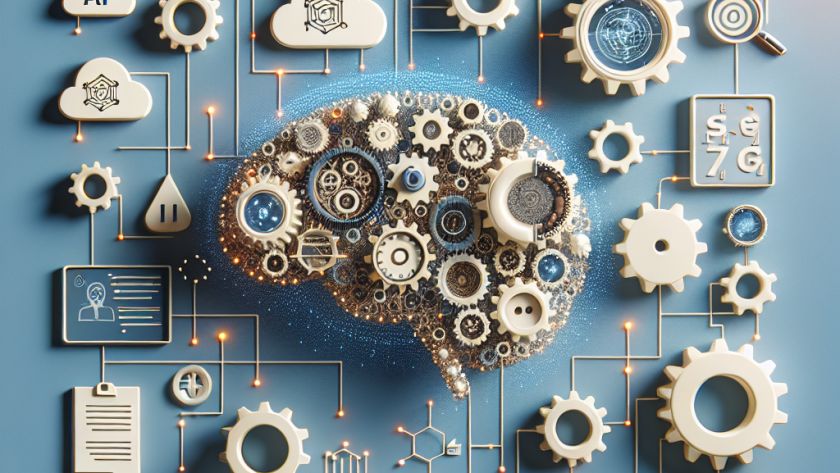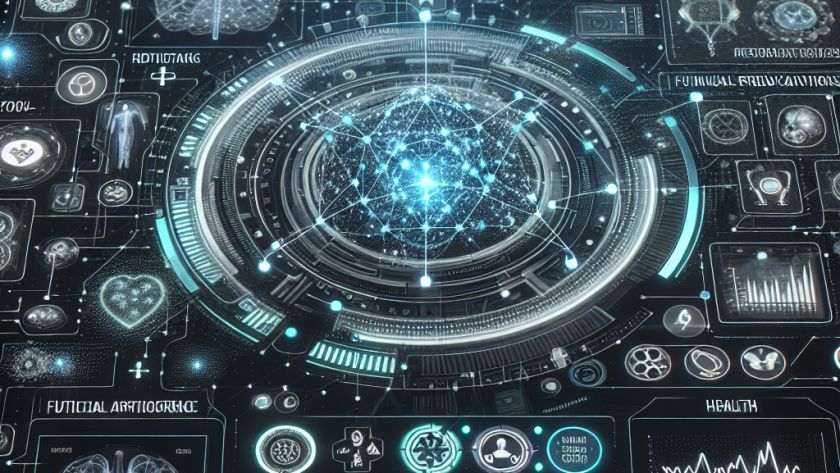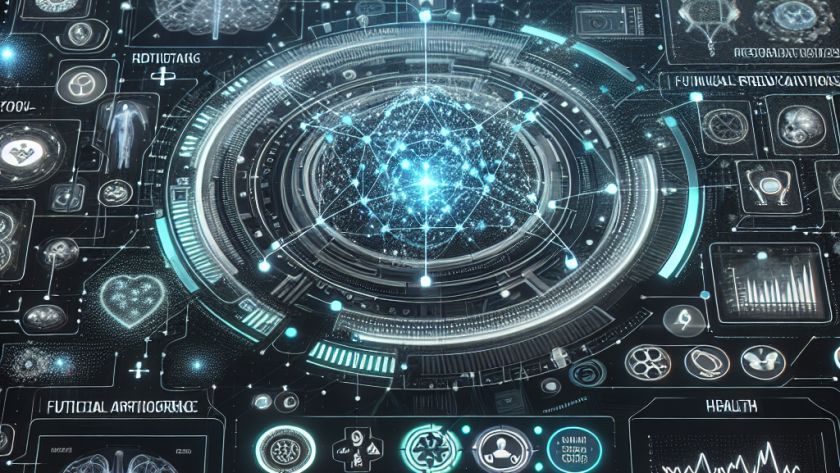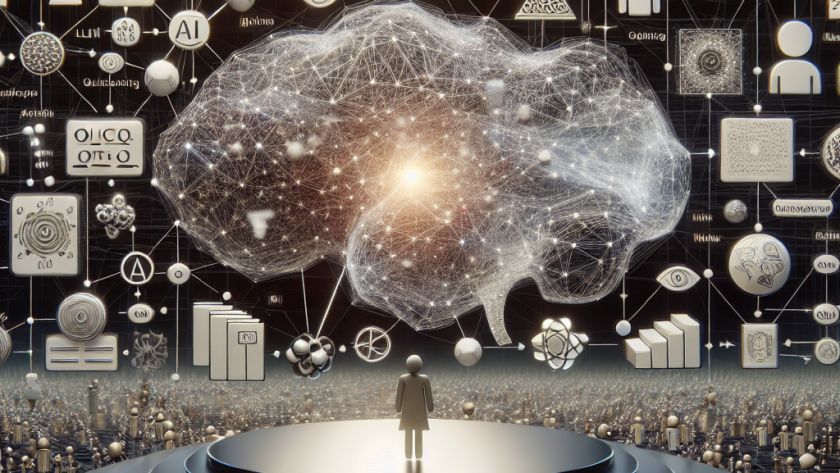Otto, a new AI tool, strives to redefine how humans interact with AI by using Table-Driven Interfaces. This unique approach simplifies task management, streamlining productivity and sparking innovation in today's tech-driven landscape. Otto stands apart from standard AI assistants by enabling users to define their processes through simple table structures, thereby automating thousands of tasks…
